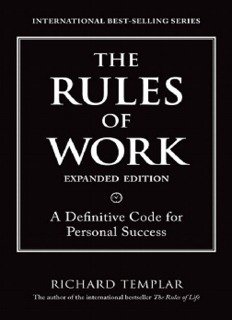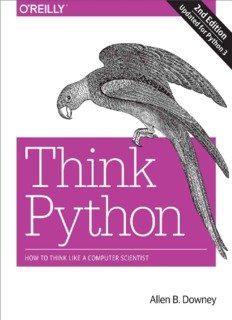Description
«Why Didn’t They Teach Me This in School?: 99 Personal Money Management Principles to Live By» by Cary Siegel is a practical and insightful guide that addresses the gap in financial education often experienced by individuals as they transition into adulthood. Siegel’s book serves as a comprehensive roadmap for mastering essential money management skills and making informed financial decisions.
99 та асосий тамойиллар атрофида тузилган Сиегель бюджетлаштириш ва тежашдан инвестиция ва пенсия режалаштиришгача бўлган кенг кўламли мавзуларни қамраб олади. Ҳар бир тамойил ихчам ва тушунарли форматда тақдим этилган бўлиб, у барча маълумот ва молиявий саводхонлик даражасидаги ўқувчилар учун очиқ бўлади.
Сиегелнинг китобини ажратиб турадиган нарса унинг ҳақиқий ҳаётда қўлланилишига урғу беришдир. Сигель ўз тажрибаси ва молиявий мутахассисларнинг донолигидан келиб чиқиб, ўқувчилар ўз ҳаётларида дарҳол амалга ошириши мумкин бўлган амалий маслаҳатлар ва амалий маслаҳатлар беради. Бюджетни қандай яратишни ўрганиш, кредит асосларини тушуниш ёки солиқларнинг мураккаблигини ўрганиш бўладими, Сиегель ўқувчиларга молиявий келажагини назорат қилиш имконини берадиган бебаҳо фикрларни таклиф қилади.
In addition to its practical guidance, «Why Didn’t They Teach Me This in School?» also addresses the psychological aspects of money management, helping readers develop healthy attitudes and behaviors towards money. By fostering a mindset of financial responsibility and long-term planning, Siegel’s book equips readers with the tools they need to achieve financial success and build a secure future for themselves and their families.








Reviews
There are no reviews yet.